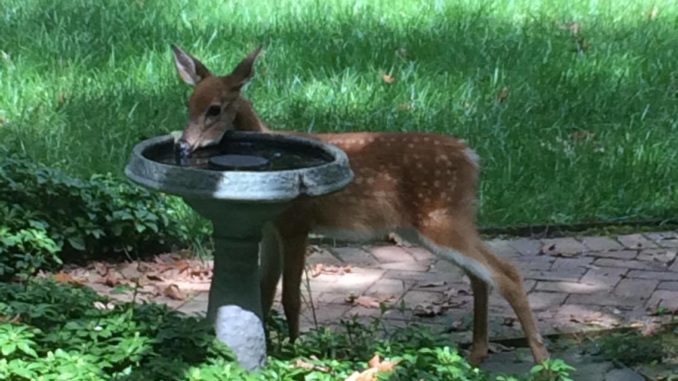
Humans and Nature — How We Can Help Not Hinder. As the years pass and I continue to garden and landscape and basically enjoy the outdoors, I have come across a few unintentional — and intentional — human-based actions that can either help or hinder Nature. Are my neighbors really “saving” wildlife by offering the raccoons and vultures their discarded fast food and pizza delivery leftovers? Are we using insecticide to kill “bad” insects but then inadvertently harming the beneficial ones? Why is it automatically assumed that a lone fawn has been abandoned so it’s quickly scooped up and relocated by humans? This is likely another of my “controversial” articles yet I feel strongly about how humans and our self-gratification activities are hindering Nature’s existence.
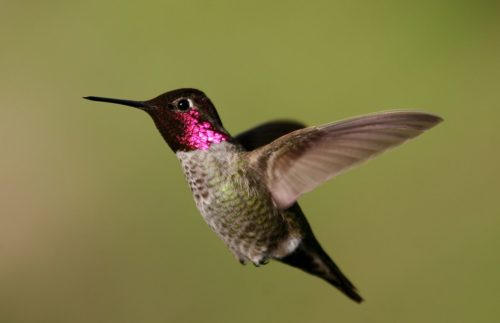
Recently, on a Facebook group page of which I’m a member, a woman asked if anyone could help her with a dilemma. She was concerned that hummingbirds could not drink the sugar syrup in the many hummingbird feeders that she’d placed around her property due to an overabundance of honeybees. Honeybees are attracted to the sugar syrup in the feeders and were apparently hogging the feeders and keeping the hummingbirds away. She wanted to get rid of the honeybees. She said that the hummingbirds are very reliant on her due to the feeders.
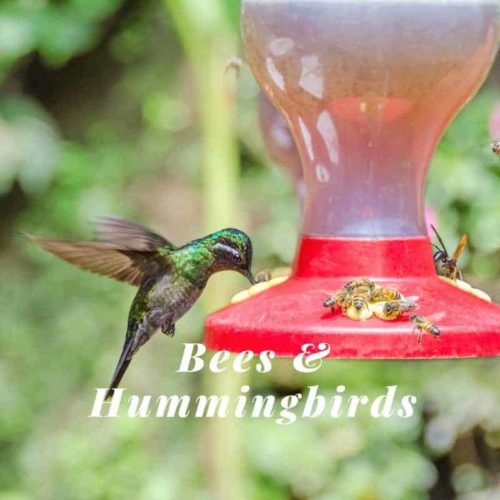
A HUMAN is believing that wildlife is RELIANT on HER for their food? Wow. That was really a concerning statement to me. I wondered what would happen to the hummingbirds if suddenly she was unable to feed them. And what SHE thought might happen. And what about pollinators? Sure hummingbirds will pollinate flowering plants somewhat yet honeybees significantly effect the pollination of items in our human diet.
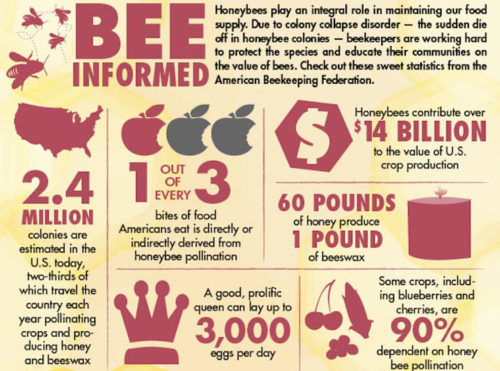
I agree that domesticated animals like livestock and pets should definitely be fed by humans. But wildlife? In some states it’s against the law to feed any types of wildlife for obvious reasons. How many curious bears have been euthanized in the past few years due to humans’ blatant feeding of them? And why is that? Bears are certainly able to fend for themselves when it comes to their natural diet. The bears will become less afraid of humans once they’ve tasted our foods. But we humans…well, there’s always a selfish chance for that personalized selfie photo with the bear! Not a particularly brilliant idea but then a lot of humans don’t think before acting.
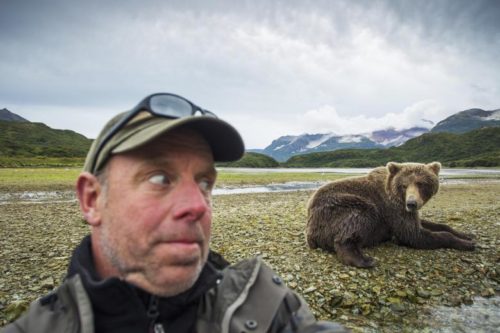
Let’s all agree that most of us feed the birds in our yards not just to provide sustenance to birds, but that we also have a selfish goal of seeing the birds come to our feeders. We compete with each other by tracking and reporting how many different birds we see in a day. It’s really just entertainment for us. We don’t think about feeding rancid seed and nuts. We don’t think about thoroughly cleaning those hummingbird feeders between refills. For years, when I first moved out on my own, I would hang hummingbird feeders outside my windows. I would watch the hummingbirds as they visited the feeders. Sure it was great to attract Nature and they were fun to observe. Yet was that sugary syrup really the best for them? I had more visits to the birdseed feeder by raccoons and squirrels than birds. The raccoons had figured out how to sit on the roof of the bird feeder and hold open the squirrel-proof door and empty the feeder of all the seed each night. Anything they didn’t eat was strewn all over the ground for other critters to carry off. And I would get the “less desirable” grackles and crows and ravens all the time.
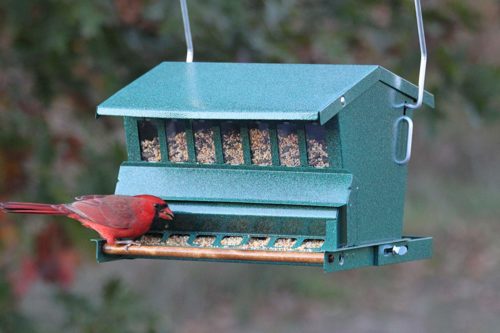
As a test, I took down my hummingbird and birdseed feeders several years ago. We live next to a farm property and are also surrounded by woods. Mice love woods. Mice also love easily available birdseed to supplement their natural diets. I’m all for the circle of Nature but wasn’t I causing it? Sort of like a McDonalds buffet for Nature? Once I took down the birdseed feeders and suet cakes, the mice stopped trying to build nests in our BBQ grill and under the tarp on our teak table.
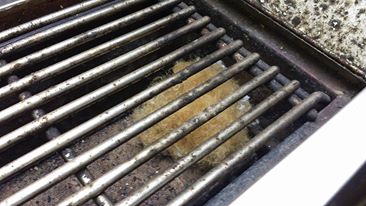
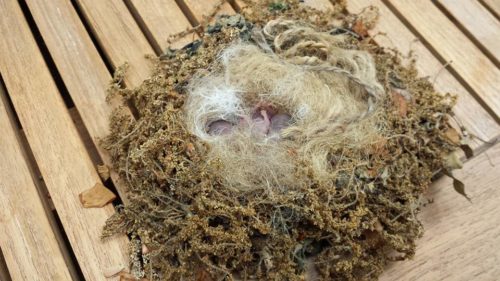
No wonder we kept finding black rat snakes around the property. Birdseed brings mice and the mice bring snakes. Mice carry a number of diseases and bacteria and also ticks. Also, our squirrel population which was likely 100 squirrels per acre has dwindled to maybe 5 squirrels total. And the insect population has decreased due to the birds’ eating available insects as their natural diet expects — instead of seed.
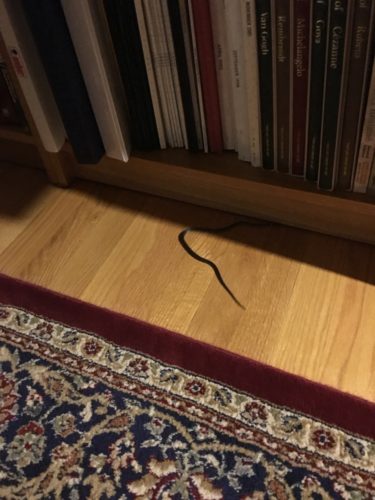
Now don’t get me wrong. The birds and other wildlife need to eat. But do they really need to eat processed birdseed or bread chunks or sugar syrup? Sure the bird lovers will tell me that there are fancy seeds and suet that you can purchase so that the birds get the right nutrients. OK, that’s great. However, if you sat around eating only trail mix all day and nothing else, is that really the best diet for you? Is it really good for my neighbors to throw their fast food remnants outside for the scavengers to eat? Likely not as fast food isn’t generally nutritious for humans either.
To compensate for my no longer “feeding the birds” processed birdseeds, I have planted all sorts of flowers that provide natural seed and nectar for birds. I’m still working on having “native” plantings in my landscape that the deer won’t eat. A lot of my non-native plantings are pretty invasive but may also provide berries and seed for birds and other wildlife. My four ponds provide water and I also have several birdbaths. The birdbath water is changed daily so the mosquito population is limited. The fish in my ponds eat mosquito larvae and other insects.
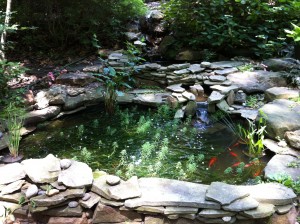
Speaking of mosquitos, one of my neighbors sprays their property for mosquitoes regularly. Makes no sense to me. It’s like mosquitoes then won’t fly over from neighboring properties. I have another neighbor who sets out large buckets to collect rainwater. It only takes a few days for mosquito eggs to hatch so either the rainwater needs to be used quickly or it should be dumped. The spraying neighbor likely has no idea that the other neighbor has full rainwater buckets sitting around with active mosquito larvae. Both neighbors are hampering Nature’s own processes by not naturally resolving pest issues. The so-called “safe” mosquito spray kills bees and butterflies along with the mosquitoes. I found a lot of dead bees and butterflies on my property after the first mosquito spraying. To counteract the mosquito issue, the other neighbors need to dump their rainwater buckets every few days on the plants that need the water. And the mosquito spraying neighbor needs to find an alternative such as mosquito bits for their water features.

Back to the woman who was concerned about honeybees’ ruining her hummingbird viewing. While hummingbirds are pollinators, honeybees are responsible for pollinating the majority of our food supply whether that’s food we eat directly or foods eaten by the food we eat. I’m pretty sure she wasn’t thinking about honeybees’ value to the world — just that they are affecting HER view of hummingbirds at her feeders. Again, human self-indulgence over Nature.
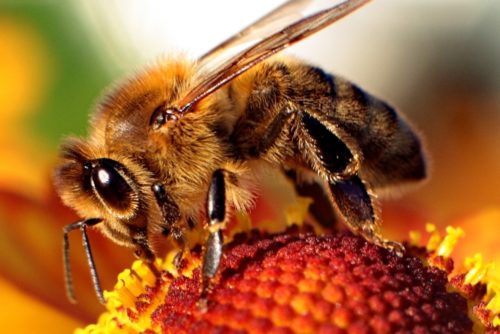
Abandoned fawns that weren’t abandoned. Just ask National and State Park Rangers and local Animal Protection Police about humans’ misguided actions in trying to save fawns. Humans tend to think that a lone fawn has been abandoned and that fawn is now fending for itself yet that’s not necessarily the case. We had a fawn curled up in our front yard for about 8 hours one Sunday. Momma Deer was nowhere to be found by sight but was likely nearby. We left it alone even when it finally hobbled into the woods to escape the hot sun. Later that day, we saw both Mom and Baby bedded down on our side property. As expected, the mother deer returned for the fawn.
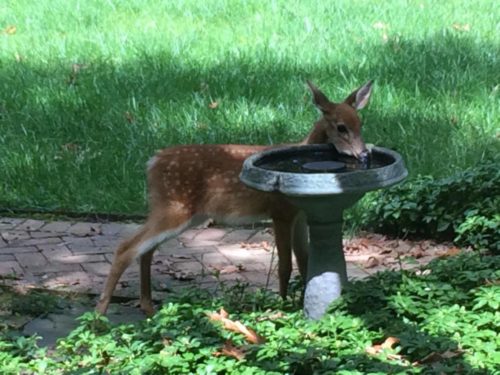
If you’re determined to feed birdseed or sugar syrup to the birds, PLEASE clean the feeders often. You wouldn’t eat from dirty plates or drink from dirty glasses, would you? And think about what you are feeding them. How about planting native flowers rather than giving your hummingbirds the equivalent of highly concentrated sugared soda? And how about planting some flowers that create seed heads for bird consumption? For the rest of the year, birds will eat insects from your landscape. I had almost no Japanese beetles this past Summer due to the birds.
And when you’re in the National Parks, PLEASE leave the wildlife alone. Your cute selfie could be your last photo — ever. Don’t feed them and be sure your food is locked up if you are camping. Your selfish actions could cause the unnecessary death of the wild animal.
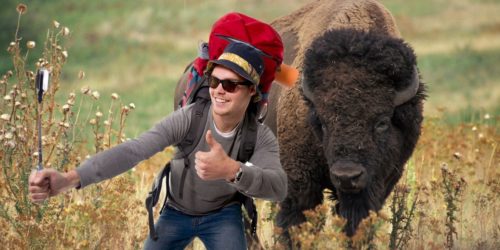
Based on my other postings, you are all well aware of my distaste for constant leaf blowing all year round, more-than-once-a-week lawn mowing in warmer months, and disrupting the natural landscape by planting non-natives and not removing invasive non-native plants such as the Japanese Stiltgrass which is choking out native plants in my area.
Are there any other ways that you see humans hindering Nature? Leave a comment and we can all discuss!
+++++++++++++++

Leave a Reply
You must be logged in to post a comment.